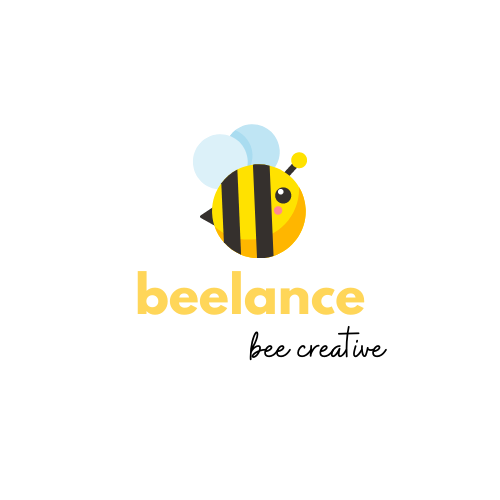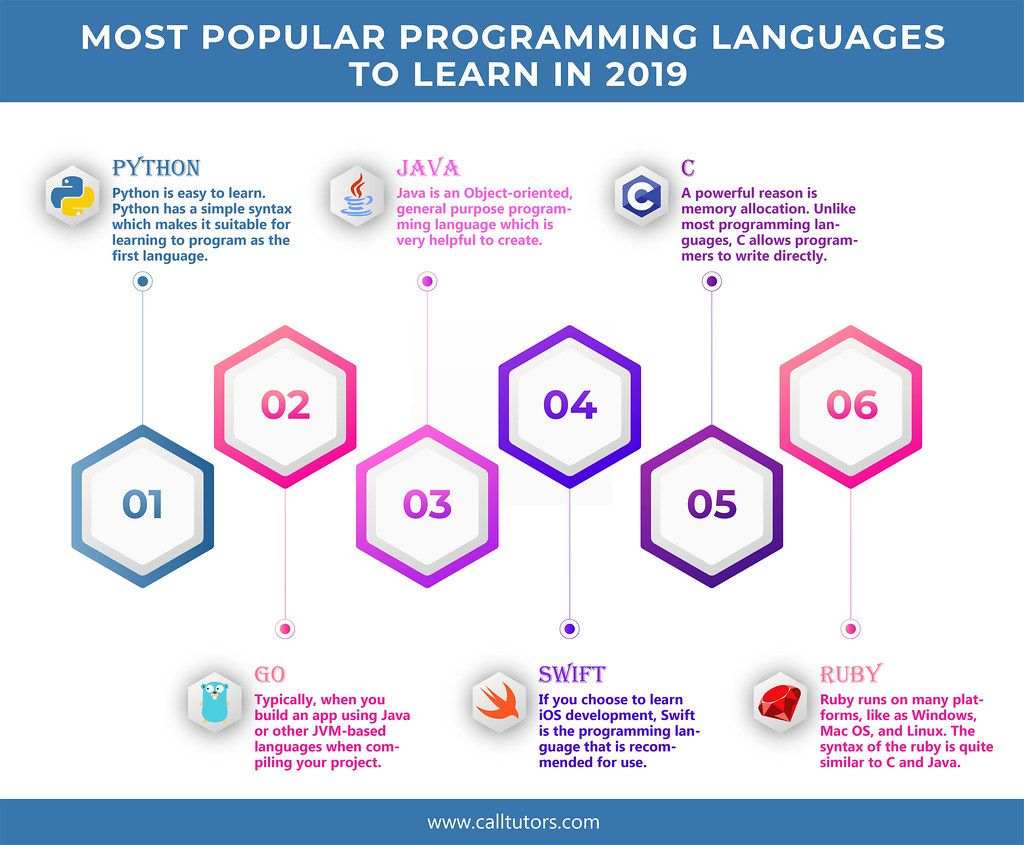Today, there are more than 30 programming languages that you can use to create software. However, not every language is suitable for creating games. Before you dive into learning coding and start writing your first game from scratch, think about which language you should learn. Not all languages are created equal when it comes to creating games. Some languages have better support for graphics and layout design, while others handle logic and code more efficiently (or simply better). We should consider these factors before choosing a programming language for your game development ambitions. In this blog post, we’ll consider various factors that will help you determine what coding language should I learn to make games?
What are you trying to achieve with your game?
This question is the most important one. Before you pick any programming language, you must decide why you’re trying to make games in the first place. What are your goals as a developer? What are you trying to achieve? Are you creating a game for fun and enjoyment? Or are you trying to create a game that could potentially generate revenue?
If it’s the former, you might want to consider another language for your game development ambitions. On the other hand, if it’s the second case, you should know why you want to use games as a medium for creating software. If your goal is to make money, you’re probably better off learning a more advanced language like C++ or Objective-C. And if your goal is to create games that you enjoy, then you should search for an easier coding language.
What is the target platform for your game?
This is such an important factor, and it should be the first thing you decide upon picking coding language. The target platform for your game can have a large impact on the design and function of your game. If your game is going to be released on both Android and iOS, you should consider learning an Objective-C or Swift language. In some cases, it might make more sense to learn a language that’s designed for a specific platform like the Nintendo Switch.
Other times, it might make more sense to learn a general-purpose programming language like C++ since one of your goals might be creating software for multiple platforms. There are tons of benefits to choosing a target platform for your game development ambitions. It can help you determine the design of your game and the function of every aspect of your game. It can also help you decide which technology stack is best for your game since some technologies are only supported for certain platforms.
Which language supports which technology stack?
This is something we see a lot in online forums, Reddit posts, and other online places where people share ideas and advice on developing video games. In many cases, people make assumptions about which language should be used to create software. Maybe they read that Python is a good choice for developing video games or that they should learn Objective-C because it works well with the iOS platform. Unfortunately, these assumptions are based on hearsay and not fact.
To answer this question, you should look at which technologies your game will require. Will you need to use advanced graphics technologies like Shader Model 5? Some coding languages like C++ and D3D12_9_3 only support Shader Model 5, but many other programming languages support it. What about advanced AI algorithms? If so, then you should know which coding language supports these kinds of advanced technologies. What about audio technology? A coding language that supports audio technology like OpenAL (such as C++), OpenSL (such as C++), or SDL2 (such as C++) might make more sense for your games.
Is it worth learning a more specialized programming language?
This is another factor that you should consider when picking a coding language. If you choose a general-purpose coding language, it might make more sense to learn a more specialized coding language. In the case of C++ and D, it might be worth learning these languages if you primarily want to create games for a specific platform like the Nintendo Switch.
What do we mean by this? Let’s say that you mainly want to create games for the Android platform. You could learn a coding language that’s designed for the Android platform like Kotlin. Or you could learn a coding language with a similar syntax to Java like Scala. Both of these would make it easier to create Android games. However, both of these coding languages are much more advanced and might not be worth learning.
Conclusion
Choosing the right coding language for your game development ambitions can help you achieve many different goals. While some factors like target platform, design, and technology stack might not seem important at first glance, they can have a large impact on the function and design of your game. In some cases, it might be worth learning a more specialized coding language if you primarily want to create games for a specific platform like the Nintendo Switch. Choosing the right coding language for your game development ambitions can help you achieve many different goals.
Other blogs about STEM.

